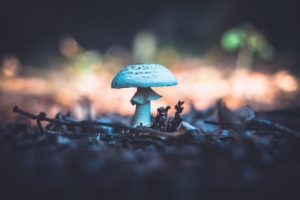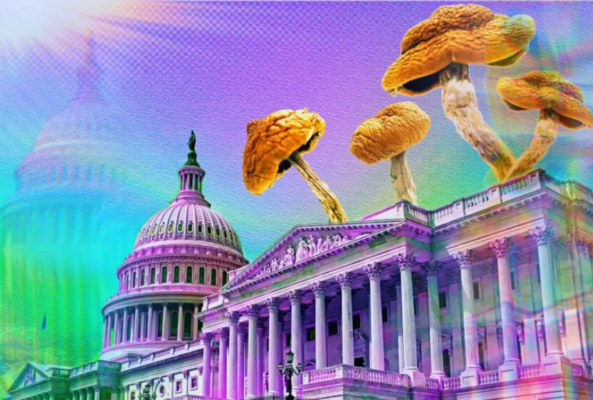
Known for its coastal tours, breweries, and hip culture, Portland has voted to end arrests for growing and sharing psilocybin mushrooms as well as related plant medicines such as ibogaine and DMT-containing plants like ayahuasca.
Borrowing its language directly from the measures passed in six Massachusetts communities, including Cambridge, the resolution goes beyond just speaking about plant medicines to criticize U.S. drug policy more broadly.
“Drug policy in the United States and the so-called “War on Drugs” has historically led to unnecessary penalization, arrest, and incarceration of vulnerable populations, particularly people of color and people of limited financial means,” it emphasizes.
Decriminalize Maine, a new nonprofit, invited Bay Staters for Natural Medicine and New England Veterans for Plant Medicine to help spearhead the effort by organizing their Maine volunteers and answering tricky questions city councilors had about federal funding.
City officials worried that recent federal government grants could be revoked should a measure come to pass. “Cities like Portland will be more likely to secure research dollars through the National Institutes of Health in the future and at the very least our member cities have continued receiving all grants, including for conventional treatment programs,” the Bay Staters team offered in response.
Education on safe use was a top shelf concern for many advocates as well. Wendy Chapkis, a sociology professor at the University of Southern Maine and board member of Decriminalize Maine, told the City Council’s Health and Human Services and Public Safety Committee that “While these substances aren’t dangerous in terms of things like addiction or overdose risk, they are powerful, and it’s important that people can consume them in safe and supportive environments,” underscoring that “decriminalization will make that much more likely.”
Maine, like many states in the Northeast, has suffered tremendously from the opioid addiction crisis, which inspired the momentum and work in Portland as well.
“Given that within an hour of reading this there will be another overdose among our friends and neighbors in Maine and that a study of 44,000 Americans found a single use of psilocybin reduces the risk of opiate addiction by 40%, these measures are a critical education tool. These medicines saved our lives,” wrote Maine resident and Marine Corp Veteran Michael Botelho on behalf of Bay Staters for Natural Medicine at the invitation of Decriminalize Maine.
Organizers see this as a critical stepping stone to prevent the corporatization of psychedelics. “The Super PAC trying to reverse our local work in Massachusetts told us that Maine is the next target. It plans to drop tens of millions of dollars to force through laws that limit access and profit off of people in need if we don’t take a stand through our cities,” remarked James Davis, the founder of Bay Staters for Natural Medicine and a local organizer for the Portland effort.
In terms of grassroots organizing, the Northeast has now taken a narrow lead over the West Coast to have the most cities implement measures, and local organizers will continue to draw inspiration from each other’s cross state work. “You all are definitely leading the way on this issue,” Aaron Parker, an organizer with Decriminalize Maine shared speaking to the multi-state coalition effort. “Thanks for your support!”
You may also like: Massachusetts Doctors, Parents, and Law Enforcement Present to Massachusetts Legislature on Critical Need to Decriminalize Natural Psychedelics





